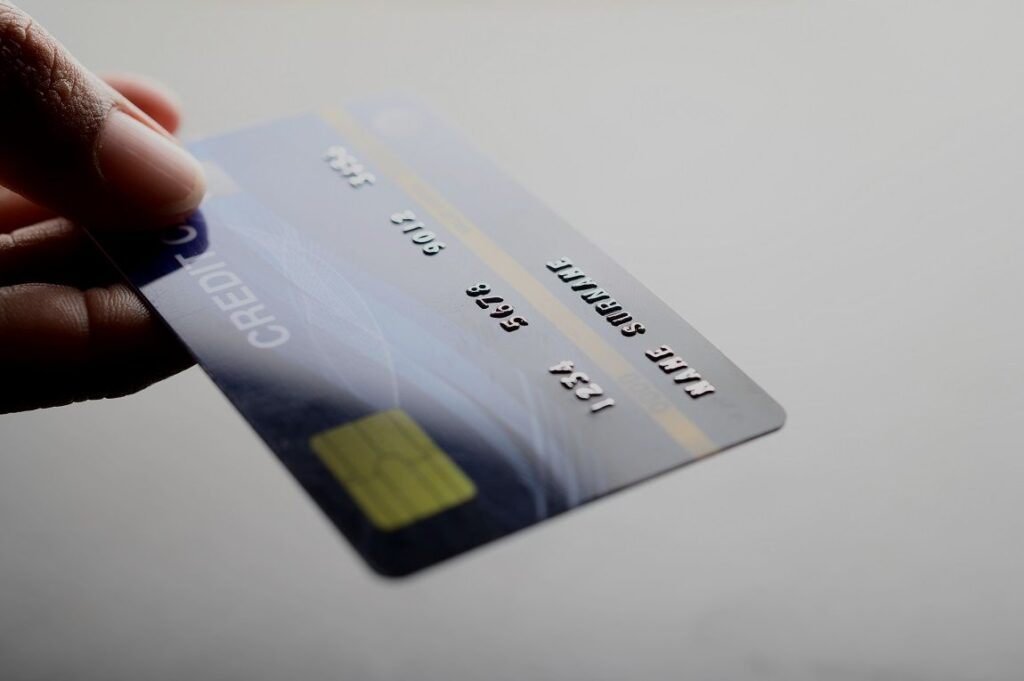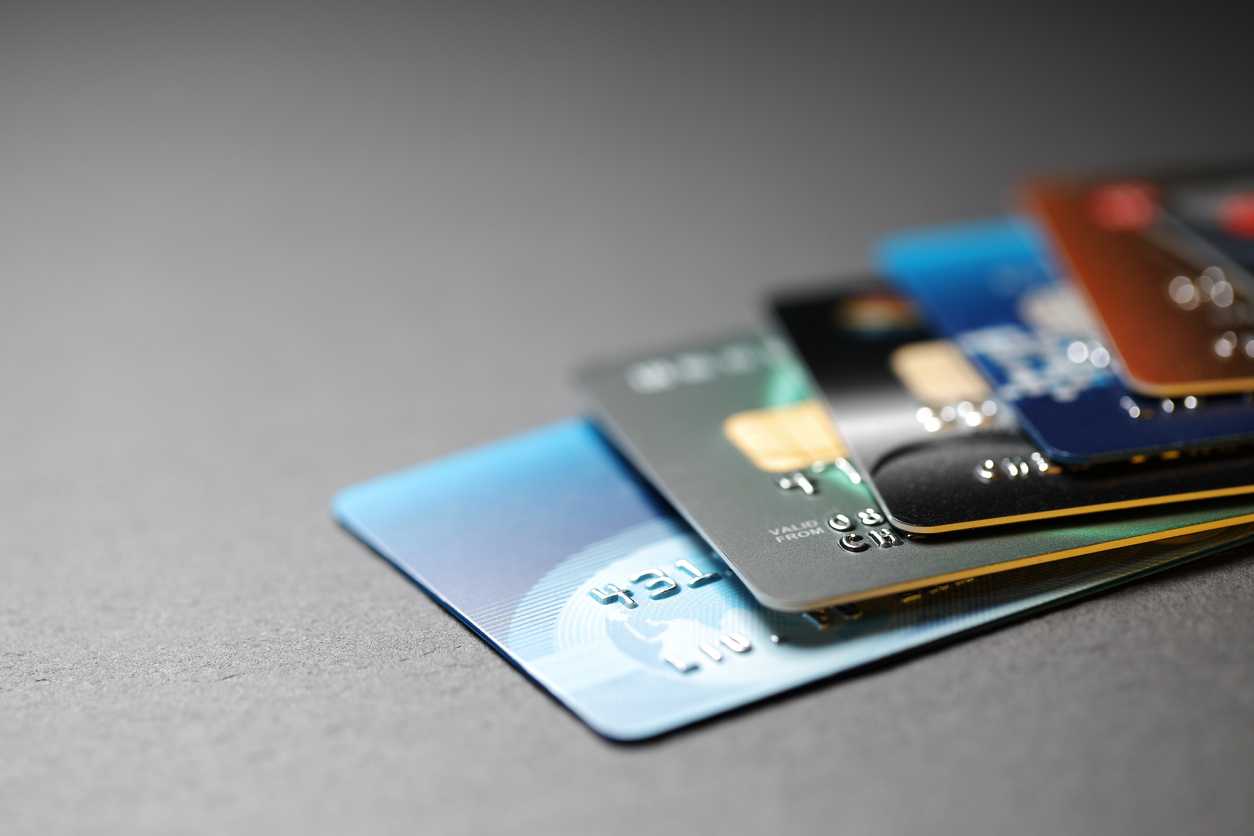A bad credit score can hold you back financially. It can make it difficult to qualify for loans, apartments, and even certain types of insurance. But the good news is that you can rebuild your credit score with the right strategies. Secured and unsecured credit cards designed specifically for credit rebuilding can be a powerful tool in this journey.
This guide explores the best credit cards in Canada for rebuilding credit in 2024. We’ll cover secured and unsecured options, helping you find the right card for your specific situation. We’ll also answer frequently asked questions to empower you to make informed decisions about your credit.
Understanding Secured vs. Unsecured Credit Cards
There are two main types of credit cards to consider when rebuilding credit: secured and unsecured.
- Secured Credit Cards: Secured credit cards require a security deposit, typically equal to your credit limit. This deposit acts as collateral for the issuer in case you fail to make your payments. If you use the card responsibly and make your payments on time, you’ll get your deposit back when you close the account. Secured cards are a great option for those with bad or limited credit history, as they are easier to qualify for compared to unsecured cards.
- Unsecured Credit Cards: Unsecured credit cards do not require a security deposit. However, they typically have higher credit score requirements and may come with steeper interest rates. Unsecured cards are a good option for those with fair or good credit scores who are looking to build a stronger credit history and access better rewards programs.
Best Secured Credit Cards for Rebuilding Credit in Canada
- Neo Secured Mastercard: This card stands out for offering guaranteed approval and up to 5% cash back on purchases, making it the best credit card for bad credit in Canada according to the sources. There’s no annual fee, and when you sign up using a referral link, you can also get a $25 cash bonus plus 15% cash back at participating retailers. Your credit limit is equivalent to your security deposit, and there’s no cap on this amount.
- KOHO Prepaid Mastercard: While technically a prepaid card, KOHO offers a Credit Building Program for those looking to improve their credit score quickly. After getting the standard KOHO Card, you can subscribe to this service for a monthly fee ($5 to $10).
They report your monthly subscription fee payments to the credit bureaus, which helps rebuild your score. You can unsubscribe from this service at any time. The KOHO Mastercard also comes with perks like up to 5% cash back on purchases, 5% savings interest on your account balance, a free budgeting app, and access to free credit score checks. - Home Trust Secured Visa: This no-fee card allows you to choose your credit limit based on your security deposit, with a minimum of $500 and a maximum of $10,000. However, keep in mind that a 19.99% purchase rate applies if you carry a balance beyond the grace period.
Best Unsecured Credit Cards for Rebuilding Credit
If you have a fair credit score (above 660), you may qualify for an unsecured credit card with a lower interest rate. This can be beneficial for consolidating existing credit card debt and saving on interest charges.
- Tangerine Money-Back Credit Card: This unsecured card offers up to 2% cash back and requires a minimum credit score of 600 and an annual income of at least $12,000. New applicants can earn an extra $100 cash back when they spend up to $1,000 within the first two months of getting the card.
- Scotia Momentum No-Fee Visa Card: As the name suggests, this card comes with no annual fee. It has a 19.99% APR on purchases and cash advances but offers a 0% introductory rate on balance transfers for the first six months. You can also earn 1% cash back on selected categories and 0.5% cash back on everything else.
- Scotiabank Value Visa Card: This card offers a low interest rate (12.99%) to help you save on fees if you carry a balance from month to month. It also boasts a 0.00% promotional balance transfer rate in the first 10 months and comes with free supplementary cards. Additionally, cardholders can save up to 25% on car rentals at participating locations.
Other Credit Card Options to Consider
Here are some additional options to explore for rebuilding credit:
- Capital One Guaranteed Secured Mastercard: This card offers guaranteed approval with a security deposit requirement. It regularly reports your credit card activity to the bureaus, so on-time payments can help improve your score.
- ATB Alberta Mastercard Secured: This card has a $49 annual fee and a 19.99% APR on purchases. It requires a minimum security deposit of $500 and offers few perks beyond the chance to save on car rentals. However, it can be a good option for those focused on rebuilding their credit score with a basic secured card.
- PC Financial Mastercard: This no-fee card offers PC Optimum points for rewards, such as 10 points for every $1 spent on groceries at Loblaws and partner stores. However, it has a minimum personal income requirement of $80,000 or a minimum household income of $150,000, and approval can be easier with store cards compared to traditional credit cards.
How to Choose the Right Credit Card to Rebuild Credit

Here are some key factors to consider when choosing a credit card for rebuilding credit:
- Your Credit Score: Secured cards are generally easier to qualify for with bad or limited credit history. If you have fair credit, you may explore unsecured options.
- Annual Fee: Some cards have annual fees, while others don’t. Consider the value proposition of the rewards program or benefits offered when weighing the annual fee.
- Interest Rate: Unsecured cards typically have lower interest rates than secured cards. However, if you tend to carry a balance, focus on cards with lower APRs.
- Rewards: Cash back or points programs can incentivize responsible credit card use and offer additional benefits while rebuilding your credit.
How to Apply for a Credit Card for Bad Credit
Applying for a credit card for bad credit is a straightforward process:
- Choose a Credit Card: Select a card that aligns with your credit score and financial goals.
- Visit the Issuer’s Website: Most issuers have an application section on their websites.
- Fill Out the Application: Provide your personal and financial information accurately.
- Credit Check and Approval: The issuer will typically perform a credit check and notify you of the decision immediately (online applications) or within a few days (phone/in-person applications).
Alternatives to Credit Building Credit Cards in Canada
While credit cards are a popular option, here are some alternative strategies for building credit:
- Debt Consolidation Loans: Consolidating your loans into one payment at a lower interest rate can simplify your finances and free up cash flow.
- Credit Builder Loans: These loans allow you to borrow a small amount and repay it in installments. On-time payments are reported to credit bureaus, helping improve your score.
- Rental Payments: Services like Billi and Borrowell report your rental payments to credit bureaus, enabling you to build credit without borrowing money.
Other Tips to Improve Your Credit Score
- Apply for a Higher Credit Limit: Requesting a higher credit limit on your existing cards (if approved) can improve your credit utilization ratio (outstanding balance divided by credit limit). A lower utilization ratio reflects responsible credit management and positively impacts your score.
- Diversify Your Credit Mix: Having a mix of credit products like credit cards and loans (if manageable) can demonstrate responsible credit usage to lenders.
Understanding Credit Scores in Canada
Your credit score is a numerical representation of your creditworthiness, ranging from 300 (very poor) to 900 (excellent). Here’s a breakdown of credit score ranges in Canada:
- Poor: 300-559
- Fair: 560-659
- Good: 660-724
- Very Good: 725-759
- Excellent: 760-900
A score below 660 is generally considered bad credit and may make it difficult to qualify for favorable loan rates or credit cards.
Benefits of Building Good Credit
Building a good credit score unlocks several advantages:
- Access to Better Credit Cards: You’ll qualify for cards with higher rewards programs, lower interest rates, and better perks.
- Favorable Loan Rates: Lower interest rates on loans like mortgages and car loans can save you significant money over time.
- Larger Loan Limits: You may qualify for larger loan amounts for significant purchases like a house or car.

